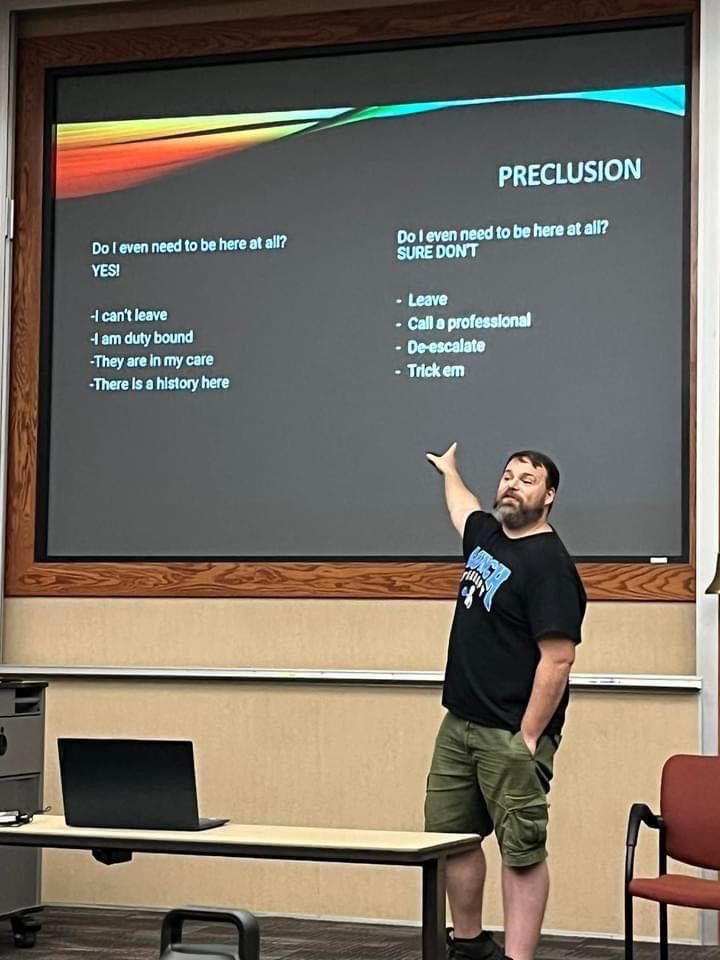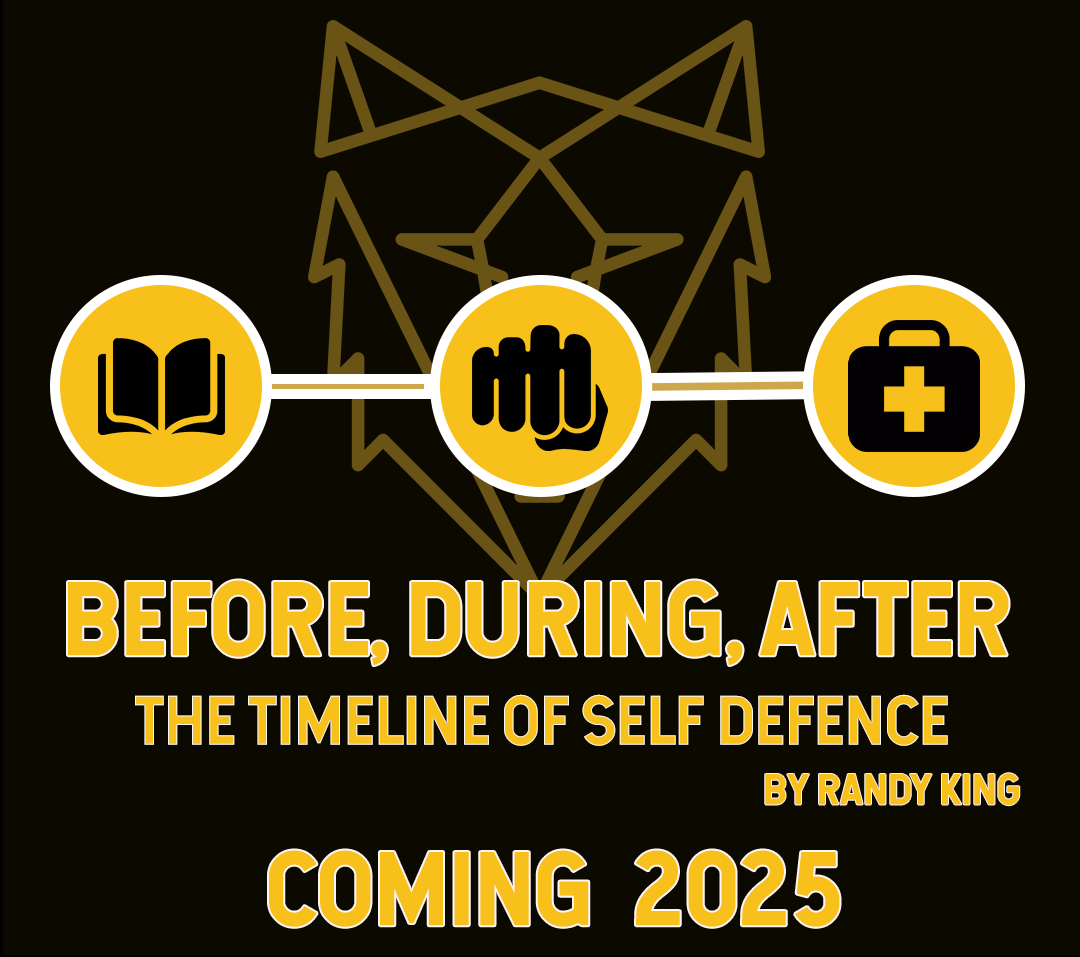
The 7 Deadly Sins of Self-Defense
Self-defense isn’t rocket science—it’s people science. Avoid these common screw-ups and protect yourself smarter, not harder.

Self-defense is one of those topics everyone thinks they’re an expert on because they’ve seen a few action movies or took one class 10 years ago. But here’s the truth: a lot of what people believe about self-defense is as useful as a chocolate teapot. These are the seven deadly sins of self-defense, straight from Before, During, After: The Timeline of Self-Defense. Learn from them, laugh at them, and—most importantly—don’t repeat them.
1. Believing “Stranger Danger” Is Your Biggest Threat
Look, I get it. We all grew up hearing “Don’t talk to strangers!” And sure, don’t go spilling your life story to a random dude in a van offering “free candy.” But here’s the kicker—most violence doesn’t come from strangers. Statistically, 70% of attackers are people you already know. For women, that number shoots up to 85%. For kids? It’s even higher.
The real danger is closer to home, like that coworker who always lingers too long in the breakroom. Your training shouldn’t just focus on shadowy strangers; it needs to prepare you for creeps in your social circle too.
2. Thinking Real-Life Violence Follows Rules
Violence in the real world isn’t like the dojo. There’s no referee, no weight class, and definitely no one yelling, “Fight fair!” Bad guys don’t play by the rules—they use surprise, outnumber you, and sometimes, they bring weapons to the party.
You can’t train for real-world violence in a sterile, controlled environment. If your self-defense class feels more like a dance routine than chaos training, it’s time to rethink your game plan. Remember: reality is messy. Train for the mess.
3. Buying Into “One-Size-Fits-All” Solutions
You’ve seen the ads: one tool, one technique, or one class that promises to make you invincible. Spoiler alert: that’s a load of nonsense. Life isn’t a kung-fu montage where you master everything in 90 seconds.
One-size-fits-all solutions don’t work because everyone’s needs are different. Your 5’1” Aunt Karen and your 6’4” Uncle Bob shouldn’t be training the same way. Real self-defense is about adaptability and strategy—not gimmicks.
4. Thinking Fighting Is Always the Answer
Newsflash: most fights aren’t worth showing up for. In the world of self-defense, the gold standard is this: nothing happened. Seriously. If you avoided the fight entirely, you’ve already won.
It’s like Mr. Miyagi said, “Best defense? No be there.” Whether it’s setting boundaries, using de-escalation, or just vanishing like a magician, learning how to avoid violence is just as important—if not more—than learning how to throw a punch.
5. Overestimating Your Skills After One Class
Here’s the deal: self-defense is like cooking. Watching one episode of MasterChef doesn’t make you Gordon Ramsay, and taking one self-defense class doesn’t make you John Wick. Confidence is great, but false confidence? That’s a fast track to a bad time.
Skills take time to develop, and training isn’t about feeling like a superhero—it’s about preparing for real situations. Keep practicing, stay humble, and don’t stop learning.
6. Ignoring the Mental Side of Self-Defense
Your brain is your best weapon. If you’re only training your body and ignoring how stress, fear, and adrenaline impact you, you’re missing the most important part.
Here’s the truth: when things go sideways, your brain will decide what happens next, not your muscles. If you don’t know how to stay calm and think under pressure, no amount of perfect punches will save you. Train your mind, not just your moves.
7. Believing Martial Arts Teachers Are Saints
This one’s a tough pill to swallow, but just because someone has a black belt doesn’t mean they’re a good person—or even a good teacher. Martial arts culture has its fair share of gurus who use trust and tradition to exploit students.
“Just because a coach wears Japanese pajamas and quotes The Book of Five Rings, are they somehow superior? They are not!” (Yep, that’s straight from the book.) Look for instructors who prioritize your safety and empowerment—not their ego or bank account.
“Ready to ditch the myths and learn real self-defense that works? Let’s make your training smarter, safer, and—dare I say—actually fun. Reach out today, and let’s get you on the path to feeling confident and capable in any situation!”
Randy

ALL RIGHTS RESERVED | RANDY KING LIVE







